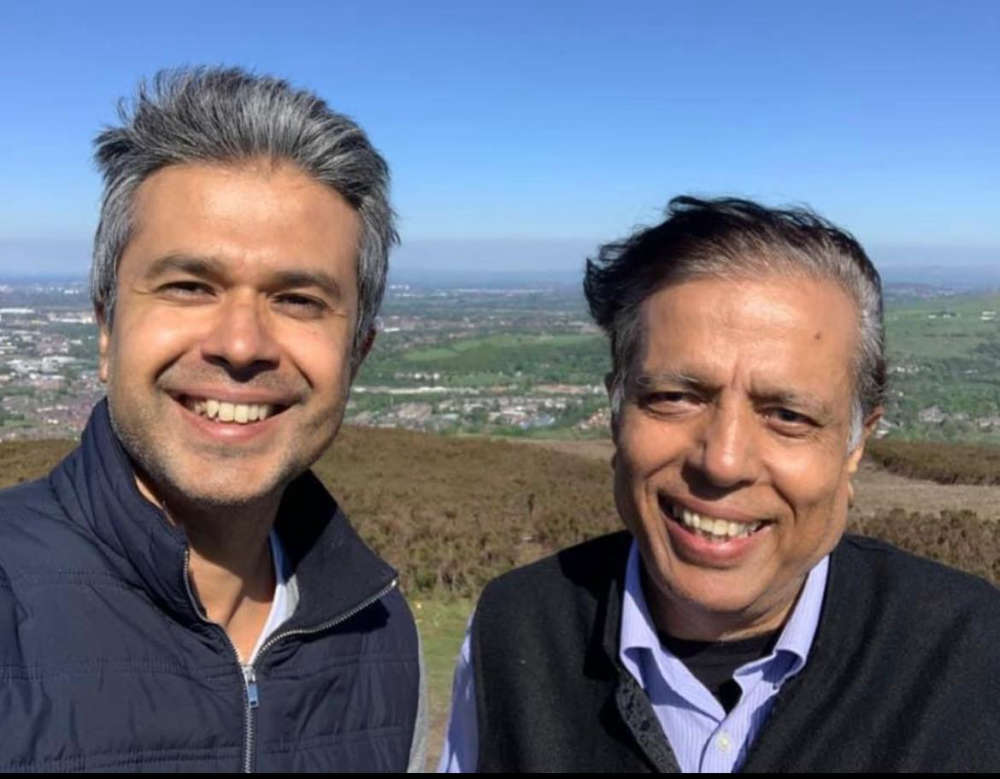
The son of former Ashton GP Dr Kailash Chand says he holds the government directly responsible for his father's death.
Well known as a vehement campaigner for the NHS, Dr Chand suffered a heart attack in July aged 73. His death prompted literally thousands of tributes from across not just Greater Manchester, but the world.
A special service to celebrate his life was held at Dukinfield Town Hall, attended by distinguished members of the health profession from across the country.
But it has now emerged that it took an ambulance crew more than 30 minutes to reach Dr Chand at his Didsbury home - the national standard for category 1 patients being 10 minutes.
Dr Chand’s son Aseem Malhotra, himself an eminent consultant cardiologist and highly respected doctor and author, has now explained what happened on the fateful day his father passed away.
He states the ‘NHS is broken’ and directly blames the government for the situation regarding ambulance response times not being met, saying he is confident his father would have survived if paramedics had reached him sooner.
He explains: “I received a phone call from my dad just after five-o-clock on Monday 26 July,” he said.
“My dad was very fit and doesn’t have any background history of heart problems, but he started telling me he was having some chest discomfort.
“As a cardiologist I was very quickly able to determine that it was coming from the heart and I asked him to call an ambulance straight away.
“He was slightly reluctant and so called neighbours instead but the neighbours are doctors.
Cardiac arrest
“So the neighbours came and they quickly assessed my father and they called an ambulance immediately as they believed it might be a heart attack.
“During the call to the ambulance my dad suffered a cardiac arrest. The neighbours started doing CPR and at the time I had a conversation with a quite panic stricken doctor who told me what was happening.
“I essentially tried to take control of the situation and reassure them because this is a situation I have dealt with many times in my career.
“I’ve managed thousands of patients with heart disease over the years and many patients I have treated in emergency situations have had a cardiac arrest out of hospital. Normally we will get them in and ambulance crews will resuscitate patients and bring them into hospital and they will undergo emergency surgery and we will find what the blockage is.
“So when this situation with my father started I was quite confident because ambulance crews are supposed to respond within 10 minutes.
“So although I was shocked my dad had suffered a cardiac arrest, it was witnessed by two hospital doctors who were with him and doing CPR on him while they were on the phone to the ambulance - so I knew there should be no delay.
“I told the doctors with him not to worry and we would ‘shock’ him out of this. But the ambulance didn’t come.”
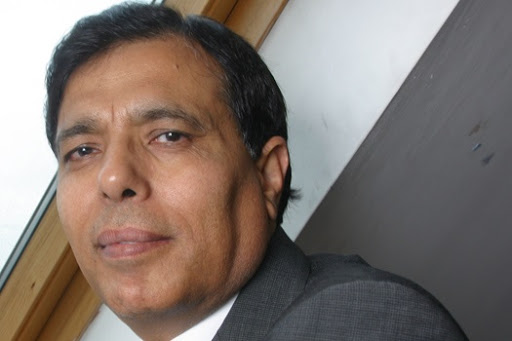
Dr Kailash Chand
Dr Malhotra continued: “Ten minutes, 15 minutes, 20 minutes... it took over 30 minutes before the ambulance arrived.
“The doctors there facetimed me at this stage so I could see the cardiac monitor being placed on dad but it was a flatline, there was nothing to shock and he was gone at that stage.”
Dr Malhottra says he is ‘absolutely’ confident his father would have stood a far better chance of being saved if the ambulance had arrived within the 10-minute time frame.
“Something I have campaigned on,
“I’ve researched and published medical journals on is that actually in this sort of situation the chances of survival would have been increased at least 50 per cent and probably 75 per cent in my dad’s case.
“The post mortem showed that he didn’t actually have a heart attack but something that is called a precursor to a heart attack unstable angina which meant his heart was strong and it’s much more likely he would have had a ‘shockable’ rhythm from a defibrillator within ten, 15 and maybe even 20 minutes. So I have no doubt that he would be alive.
“Something that then emerged was that I spoke with a very senior member of NHS England just a short time ago and she informed me that her own husband had suffered chest pain only a few weeks before my father and she was aware that ambulances were not responding in the time frame to these sort of category one or life threatening situations.
“She decided she wasn’t even going to call an ambulance and put her husband in the car and drove to the nearest A&E where they diagnosed a heart attack.
“So I think this is something that should be shared with the public and doctors.
“I was informed that the Department for Health and the government are aware of this situation and that many regions throughout the country are now asking for the army to come in and help with emergency responders.
“If we had known this I wouldn’t have asked my dad to dial 999, I would have asked the neighbours straight away to take him to the nearest hospital and he would have got there in time and they could’ve shocked him out of it and he would be alive today.
“I am directly holding the government responsible for my father’s death and I suspect there are many other people who are dying that otherwise would’ve been saved or managed differently if the public were aware of this and doctors were aware of what’s going on.”
He has asked the Manchester coroner to investigate the circumstances surrounding his father’s death.
Dr Malhottra said the NHS had been a flagship for response times across Europe, particularly for patients suffering cardiac arrests.
Back in 2017 and 2018 NHS England overhauled ambulance response times so that under the new system, category 1 calls – involving immediate threats to patients’ lives – should be answered in an average of seven minutes with category 2 calls in 18 minutes.
Failing
“That is clearly failing now,” said Dr Malhottra.
The founder of ‘Action on Sugar’ added: “For me it is a symptom not of an NHS that is at breaking point, but an NHS that is broken. This is something I have been writing about for many, many years and well before Covid.
“Firstly, it’s because we have a staffing crisis and before Covid we knew we had a shortage of 100,000 doctors and nurses in the NHS while at the same time demand has been increasing. More recently there has been a shortage of paramedics as well.
“What is driving the demand is that we have failed to tackle prevention. So most of the demand is driven by diet related disease, by obesity and its related conditions, heart disease, types of diabetes, some cancers, alzheimers - this is what’s driving most of the demand on the NHS.
“We fail to tackle the root cause which is the food environment and commercial determinants of health and lifestyles.
“Until we address that the problems will only get worse. I could see the stress on the system ten years ago.
“The NHS is broken - but let’s now work on fixing it.”
Last week, we reported that Dr Malhotra has just become the chairman of a new public health charity the Public Health Collaboration (PHC) - a rival to Public Health England and created to boost the ‘nation’s health’ - as he strives to keep his father’s legacy alive.
'I would not have thought the service was so stretched'
Concern over how long it can take for ambulances to reach patients has often made headlines in the past - but is beginning to do so again.
We reported in June how father Phil Hitchen, 55, from Hyde, had waited two and-a-quarter hours for an ambulance to reach him after he came off his bicycle in Denton.
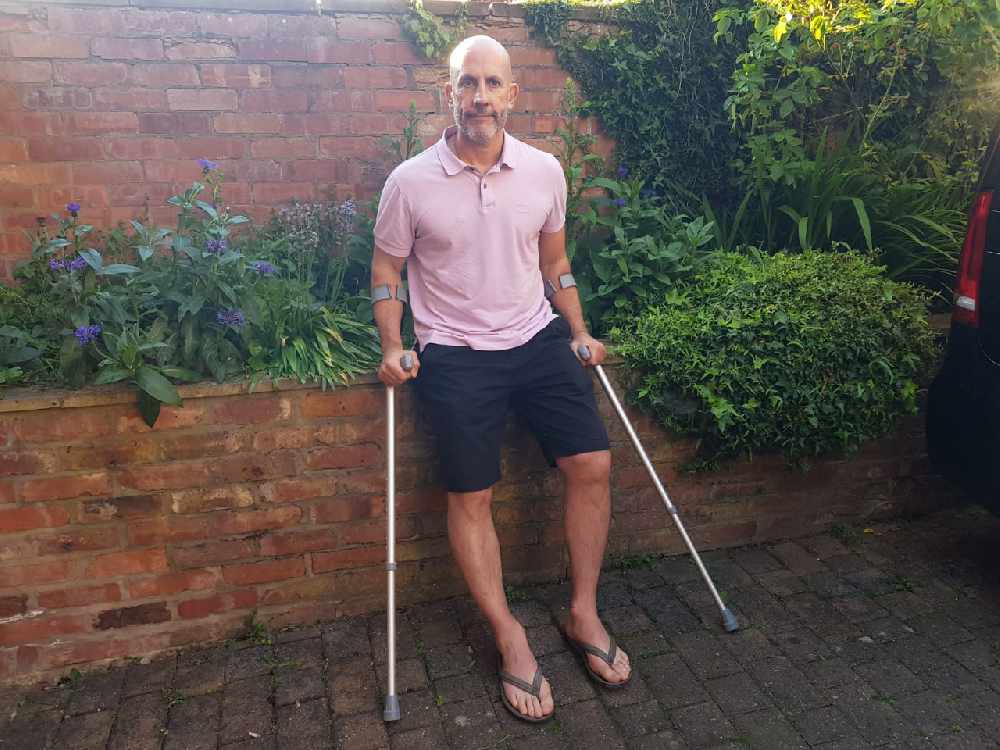
LONG WAIT: Phil Hitchen
Read more from the Tameside Reporter
Click here for more of the latest news
Click here to read the latest edition of the paper online
Click here to find out where you can pick up a copy of the paper


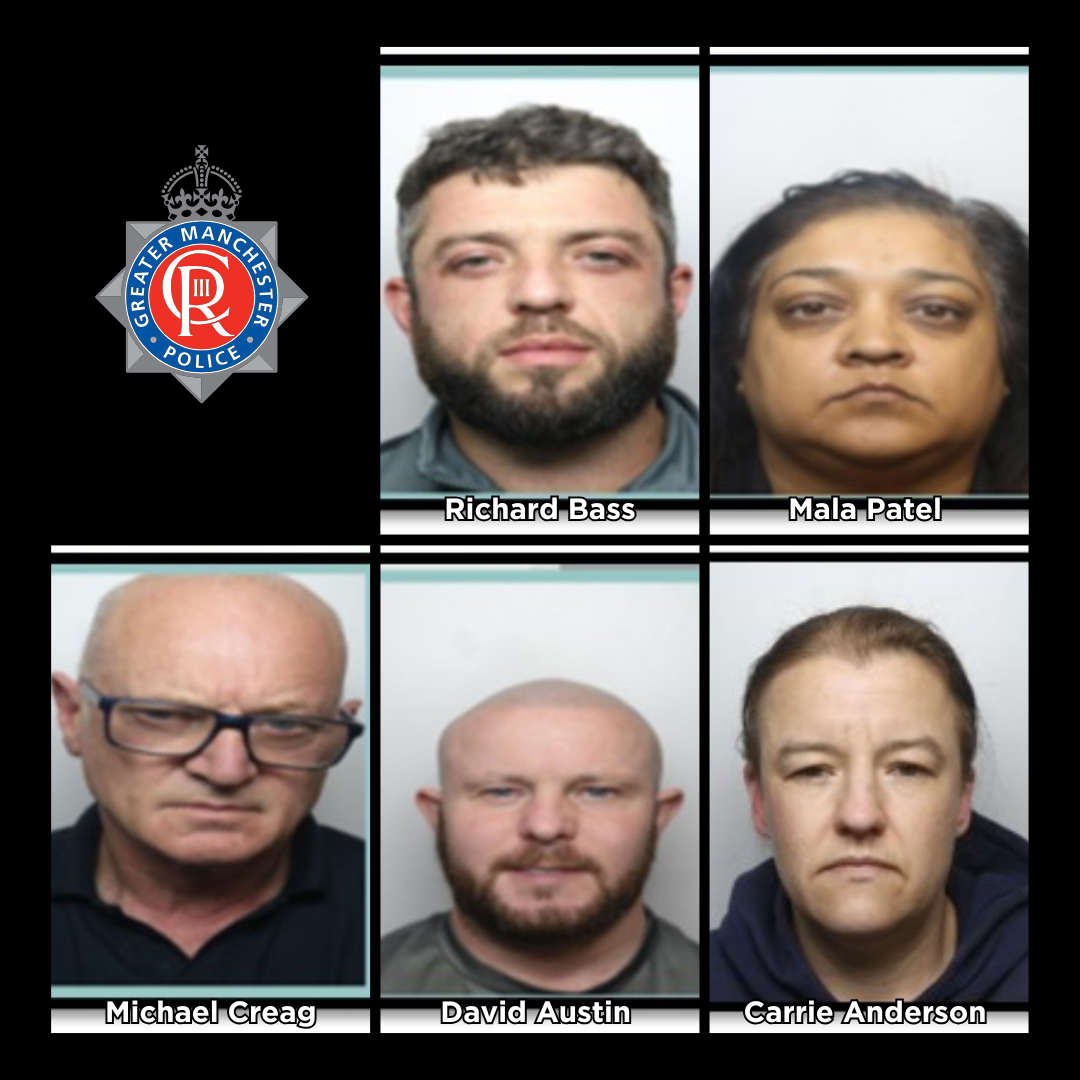 Manchester drug gang jailed for more than 40 years after covert police operation
Manchester drug gang jailed for more than 40 years after covert police operation
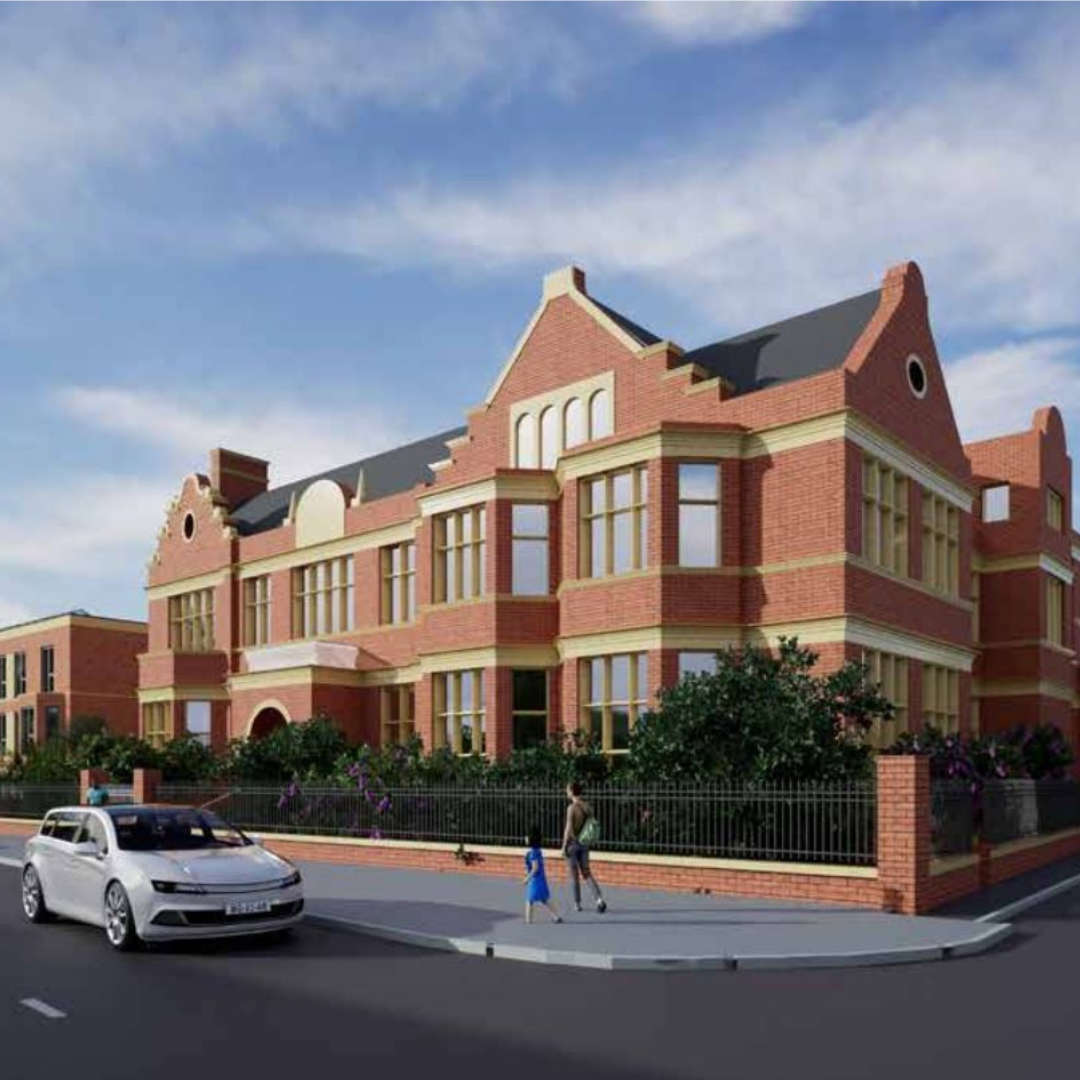 Victorian library sold off for redevelopment
Victorian library sold off for redevelopment
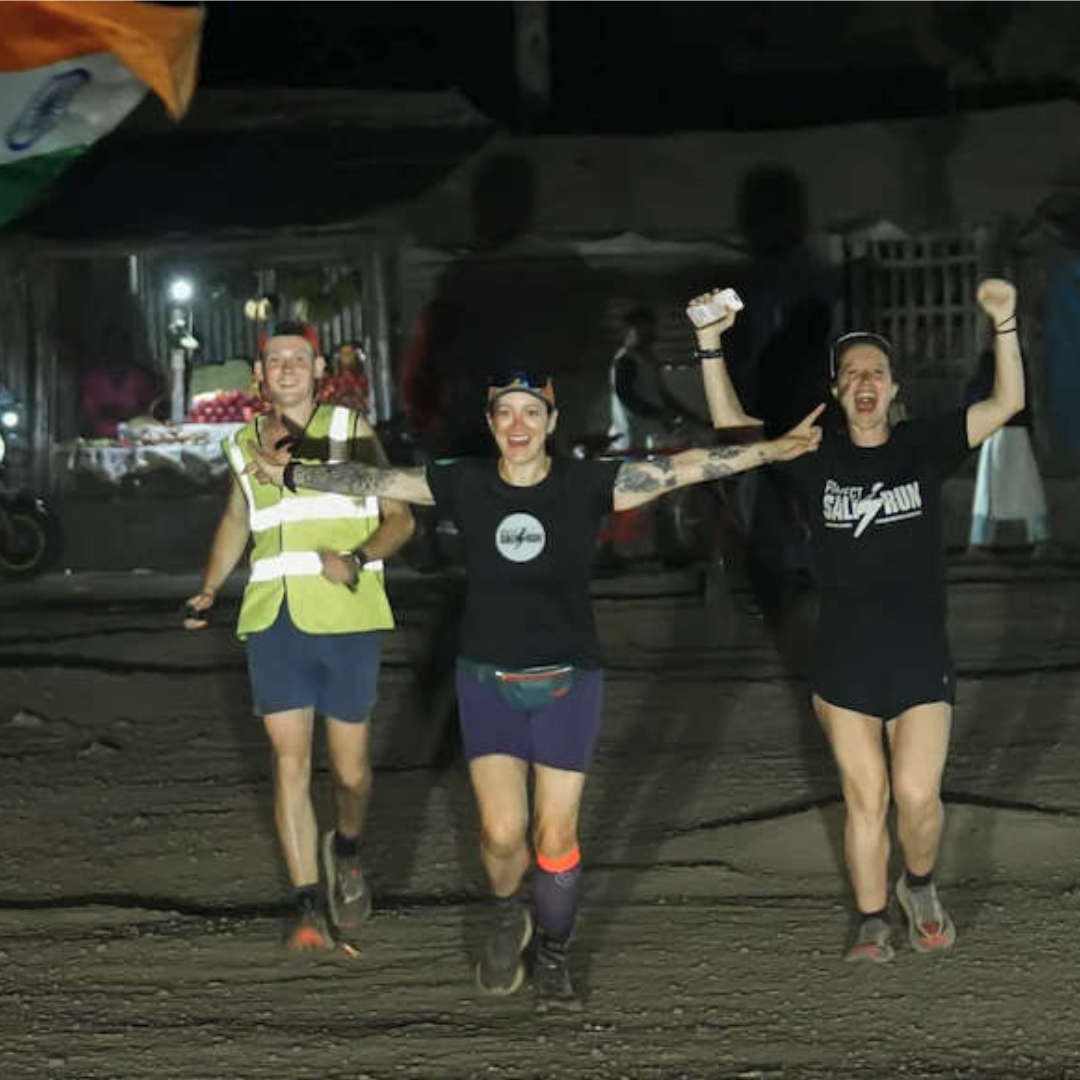 Tameside woman runs 100 marathons in 100 days across India
Tameside woman runs 100 marathons in 100 days across India
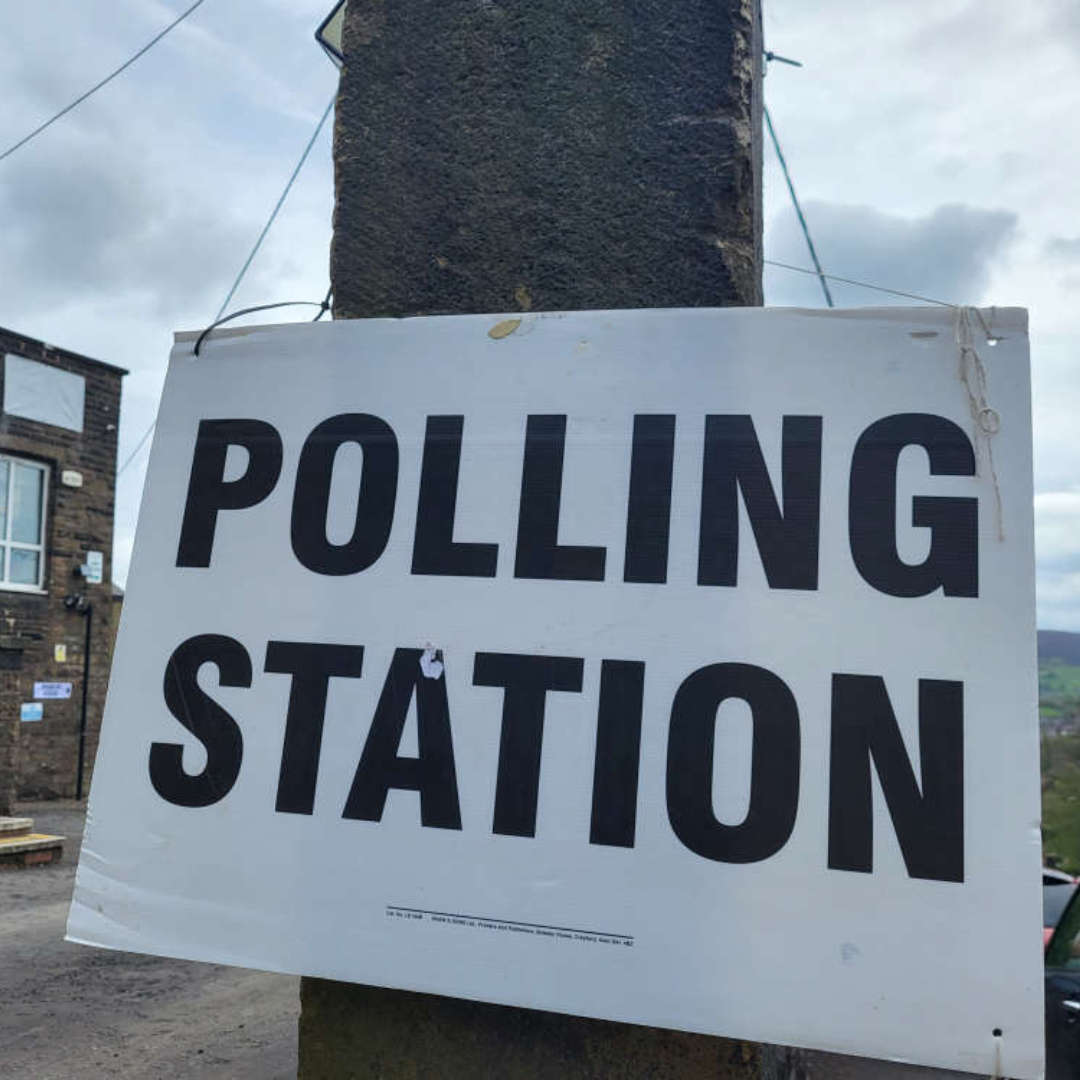 Voters urged to check registration ahead of Gorton and Denton by-election
Voters urged to check registration ahead of Gorton and Denton by-election

